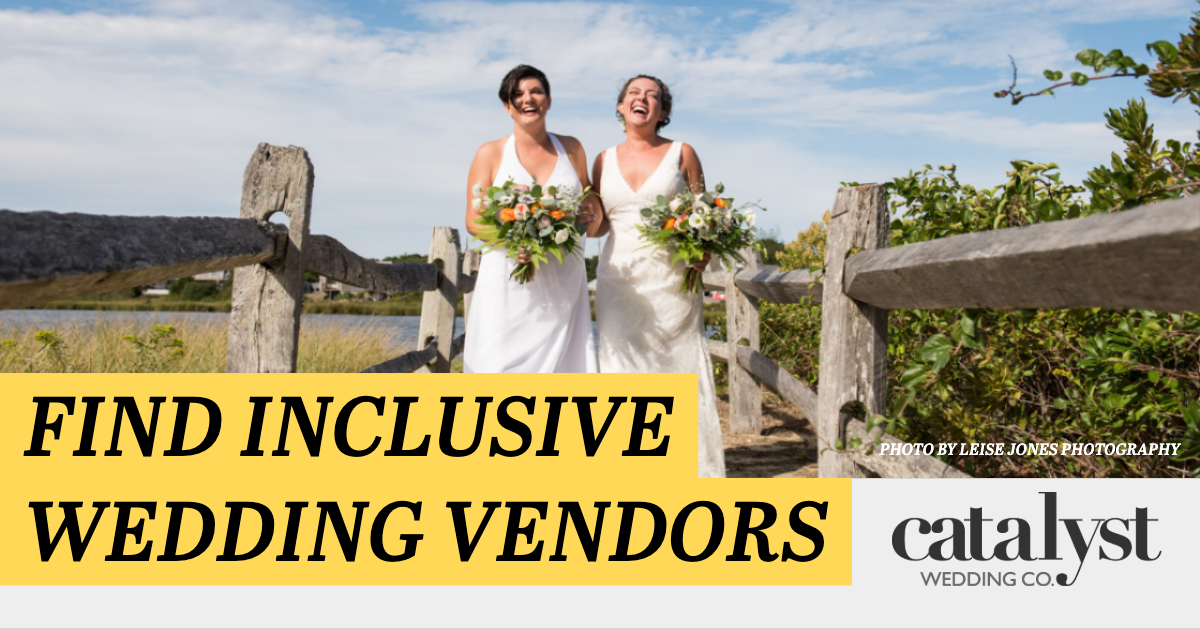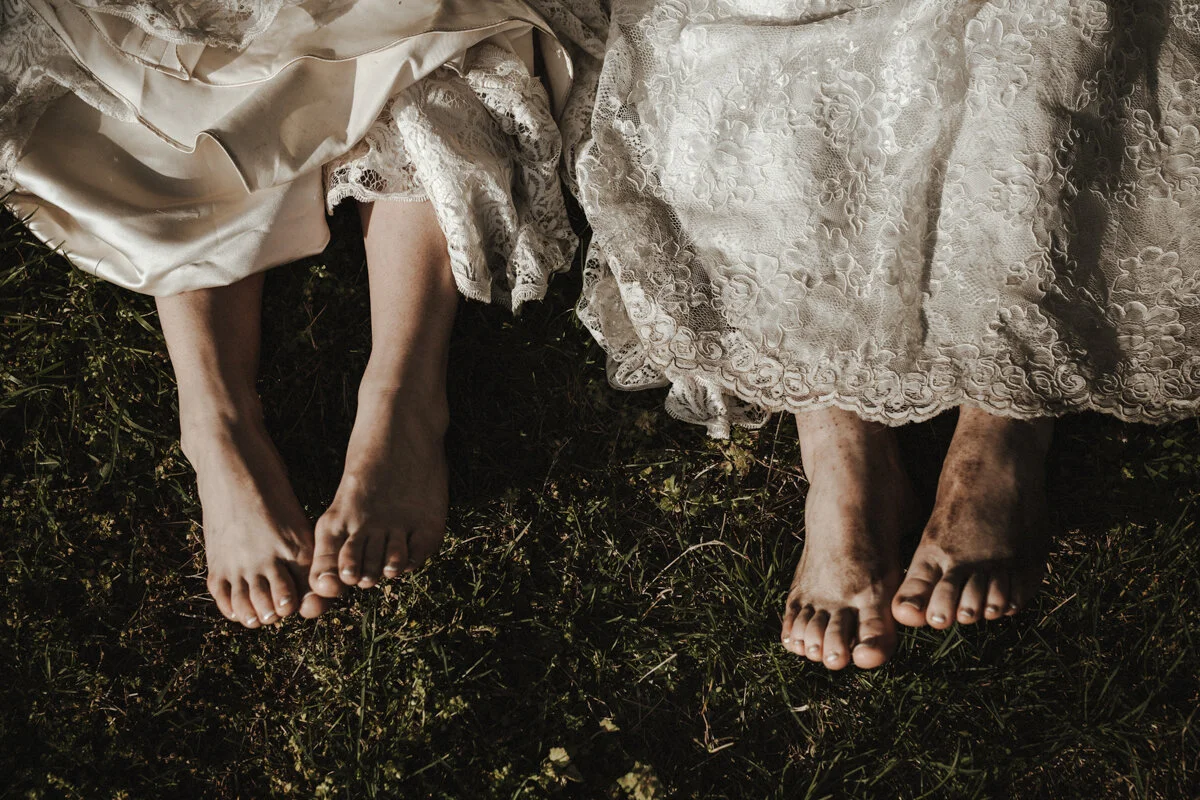Tulle & Fury // People Are Politics
/Photo by Imani Fine Art Photography from Feminist Photo Vaycay; Skirt by Lace & Liberty; Model: Bronwyn Morrill
Why does a wedding planner want to talk about politics and identity? As a Texas-based business owner, you can imagine how often I get asked that question. But the answer is always the same: because politics and identity affect everything I do: my choice of hairstyle, who I work with, the very fact that I’m a black-owned business that loves working with same-sex couples in a state that makes its position on that very well-known. I could go on. But ultimately, do you know why? Because people are politics.
It was never more apparent to me until November 2016. In the wake of the election, Pantsuit Nation groups popped up on the state and city levels. So many people were invigorated to counteract the hateful rhetoric of the election that would no doubt turn into law. Yet, in so many groups I saw a push against identity politics. Those issues had to be put on the back-burner to attract the white working class. Issues that not only affected how we lived but IF we lived needed to take a backseat to issues that affected how anxious white people felt. We needed to forget the Flints and Standing Rocks and focus on the Beattyvilles and Nemacolins. That hushing came from the same group of people that had no problem loudly proclaiming love is love but couldn’t be found sharing an article about transwomen of color being murdered. Glass ceilings were ready to be broken with no discussions about the backs of black and brown women stepped on to get there. It became less about how much stronger we were together and more about how better off we’d be if “certain” people remained quiet.
Issues that not only affected how we lived but IF we lived needed to take a backseat to issues that affected how anxious white people felt.
When it was inconvenient to confront, the issue was snuffed out like a candle. On the local level, I saw the same thing. I met women at different rallies who seemed all right in voicing their grief post-election but got antsy when I mentioned mine post-Trayvon. In my much smaller circles of black, brown, and queer friends, we all described the same thing. There was a willingness to court our votes, but not nearly the same fervor to listen to our voices.
It’s easy to want to unify by consolidating our voices, but so often that process conveniently leaves others behind. In every generation we’re reminded to do the due diligence our parents did not by not repeating the same mistake. In the frenzy and fear of our current administration, we can’t lose sight of those most vulnerable. We need to keep voices audible and bodies visible—especially in our joy.
There was a willingness to court our votes, but not nearly the same fervor to listen to our voices.
So why do I, a wedding planner, want to talk about more than dresses, bouquets, and color palettes? Because there are people getting married with issues and stressors beyond those problems, as well. These issues affect where they get married, what vendors will work with them, and even the tenuous question whether their right to marriage will remain. Their moments deserve to be just as sacred. Their concerns deserve to be heard. There’s been enough silencing in life, why continue the trend in celebration?
JORDAN MANEY
Jordan A. Maney is a San Antonio-based wedding planner and owner of All The Days Event Co. She she started her company as a planning haven for all the couples the industry chooses to ignore. Instead of just making a brand, she's building a community. Find more of her sass, humor, and Southern hospitality at allthedaysweddings.com.






















